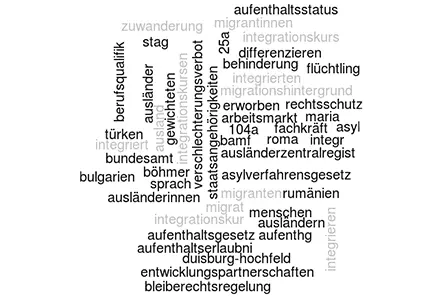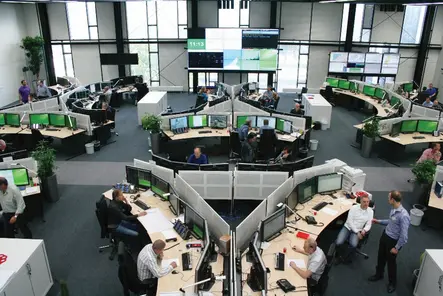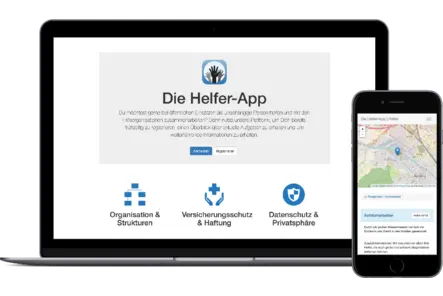Sociotechnical Systems
Research in the Sociotechnical Systems field is concerned with how people in groups, networks, organizations and societies can, and do, use information and communication technologies, and how adequate methods can be employed for analyzing interactions in these social contexts. These methods include software solutions that support planning processes, the organization of interactive forms of civic participation in social and economic relationships, agent-based modeling of interactive forms of collective action, or learning in both formal (school) and less formalized extracurricular contexts. Scholars in this field also draw on a foundation of digital information to develop methods for the analysis and visualization of social interactions in formal and informal structures within organizations.
Approaches to these problems originate in a variety of fields, such as the social and economic sciences. The problems themselves are situated within the following key topics: the technological organization of complex planning and decision-making processes in the context of politics and public administration (including citizens' interactive participation via information and communication technologies); detection of latent patterns of interaction within political parties and parliaments; social relationships and communication on the internet; social media's effects on traditional communication patterns and mobilization processes on the internet; visual communication online; intra- and inter-organizational relationships in corporate management, knowledge networks and inter-organizational alliance management; the effects of social media on economic processes and behavior; the actions of individuals and organizations in online environments; regulation of social networks - particularly cyber-physical systems in "digitized production"; and technology-oriented processes for occupational competence testing. Social network analysis and agent-based modeling of voting and decision-making processes represent the main methodological focal points.
Selected Research Projects
Participating Disciplines
- Business Administration
- Educational Research
- Information Systems
- Communication Studies
- Political Science
- Sociology



